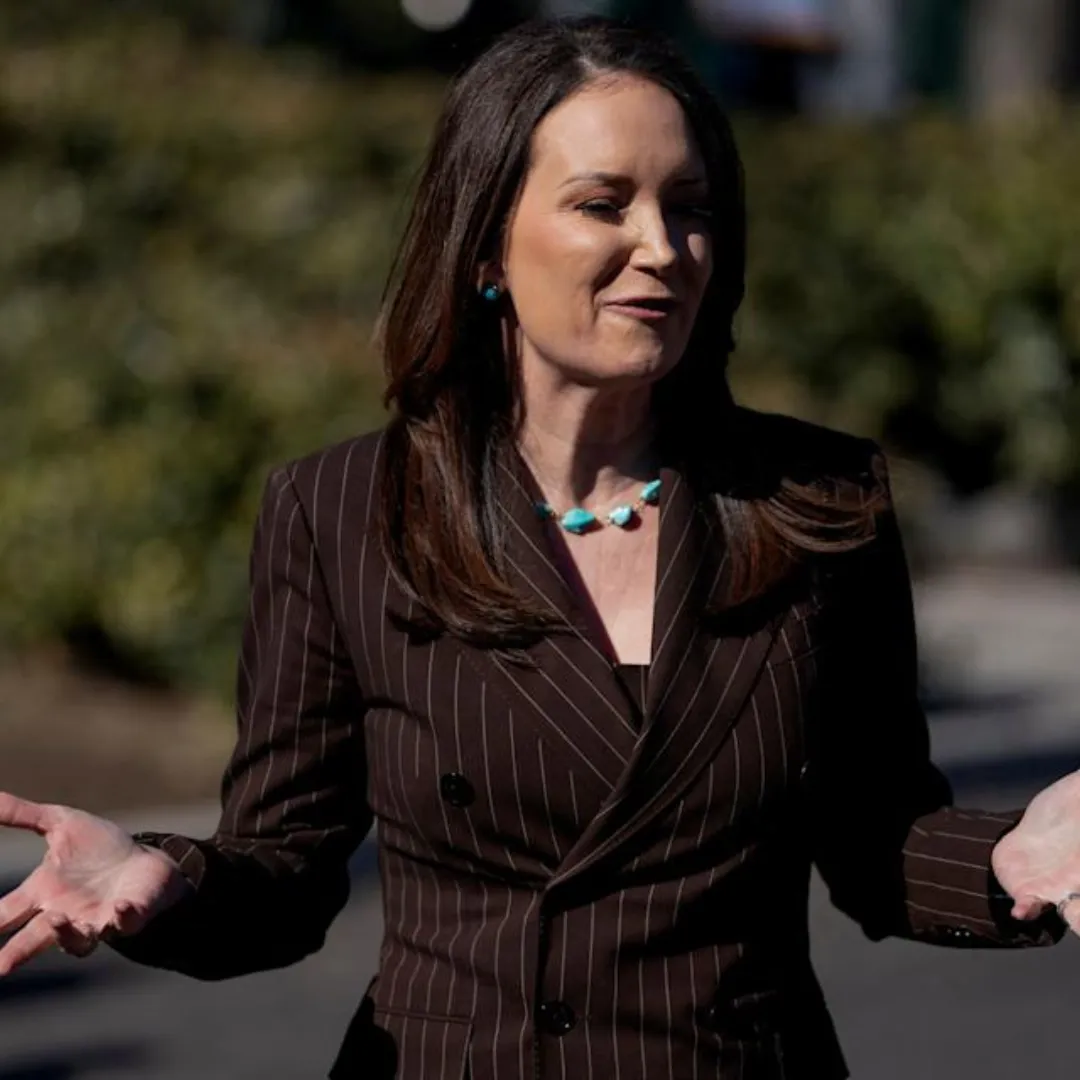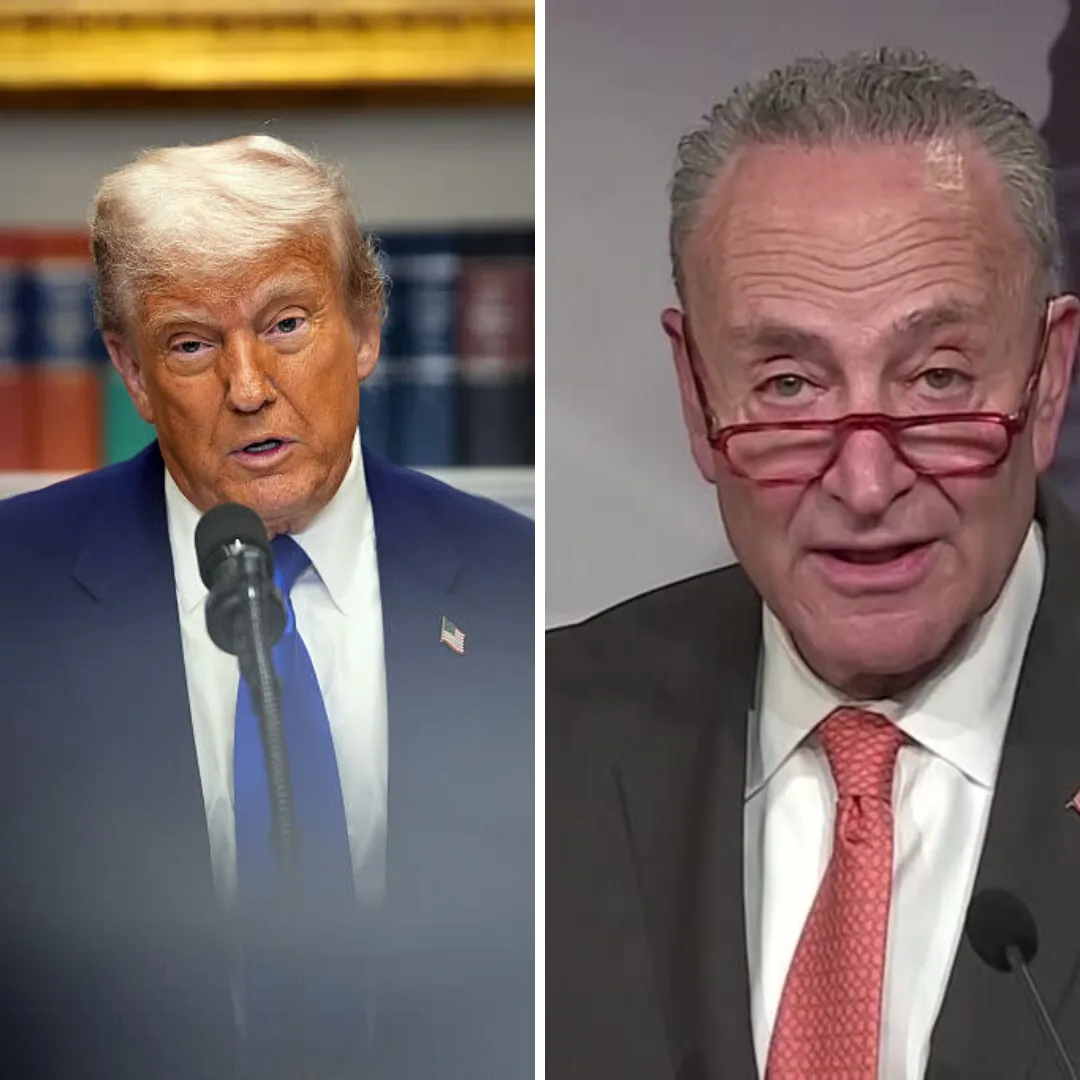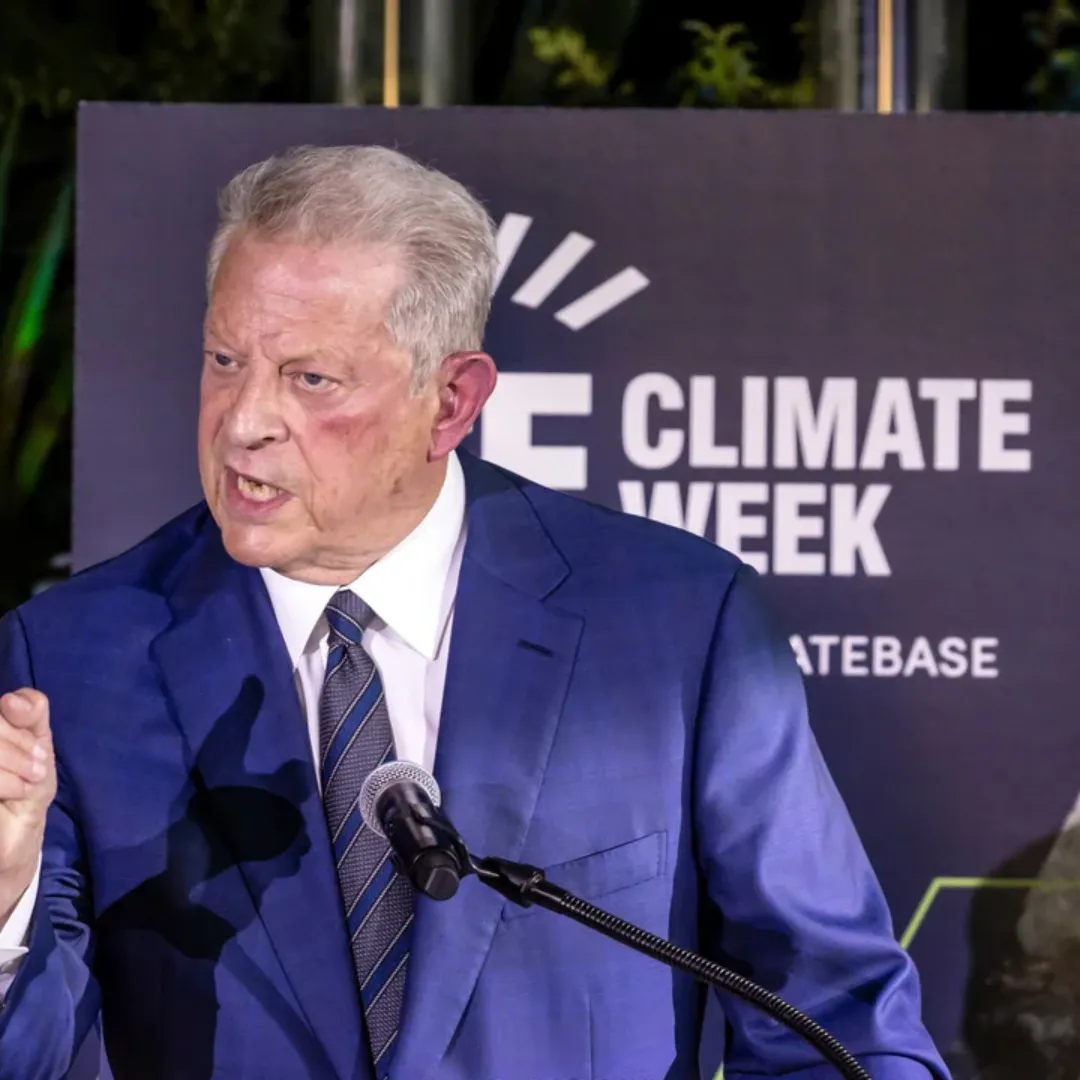The decision by President Trump to accept a used Boeing 747-8 aircraft from the government of Qatar as a replacement for Air Force One has triggered a political firestorm in Washington, with Democrats and even some Republicans voicing grave concerns over what they call an unprecedented breach of security and ethics.
The plane, estimated to be worth $400,000,000, was described by Trump as a generous offer that the United States should not turn down, especially amid ongoing delays in Boeing’s delivery of the official presidential aircraft under a federal contract signed in 2018.
But Trump’s assertion that the Qatar plane could serve as a cost-saving shortcut to bypass the current production timeline has been met with blistering criticism from key lawmakers and security experts. Among the most outspoken was Senator Jack Reed of Rhode Island, the top Democrat on the Senate Armed Services Committee, who slammed the move as a “reckless disregard for national security” and accused the president of potentially trading U.S. interests for personal gratification.
Reed warned that using a foreign-donated aircraft as the official Air Force One posed “immense counterintelligence risks” and could expose highly sensitive communications systems to foreign surveillance or manipulation. He labeled the decision a betrayal of the presidential office and a dangerous erosion of national sovereignty.
The aircraft in question, though luxurious, is 13 years old and originally built for civilian use. Reports suggest the Department of Defense would take possession of it and undertake a complete transformation of its internal systems, including installing secure communications, new power infrastructure, electromagnetic defense capabilities, and other upgrades essential to convert it into a flying fortress fit for a head of state.
However, aviation analysts warn that the retrofitting process alone could take several years and cost hundreds of millions of dollars, negating any potential cost advantage Trump claimed. Beyond hardware, the far more dangerous element lies in the aircraft’s software and potential embedded surveillance technologies, which would need exhaustive forensic examination to ensure the absence of spyware or foreign tampering.
The fact that the plane originated from a foreign government — even one considered an ally — has raised alarm bells throughout the intelligence community.
Trump, however, appeared unfazed by the backlash. In remarks to reporters, he doubled down on his decision, stating, “It’s a great gesture from Qatar. I would never be one to turn down that kind of an offer. I mean, I could be a stupid person and say, ‘No, we don’t want a free, very expensive airplane.’”
His critics argue that this casual tone ignores the severe implications of accepting military infrastructure from a foreign source. More than symbolic, the Air Force One aircraft carries the physical and digital tools of U.S. command authority, including encrypted nuclear communications and emergency response systems.
Entrusting these capabilities to a platform sourced from outside the nation’s secure manufacturing pipeline introduces variables that no amount of retrofitting can fully eliminate.
The controversy has not been limited to Democrats. Senate Majority Leader John Thune, a Republican from South Dakota, acknowledged the delays in Boeing’s delivery of the new Air Force One planes but withheld endorsement of Trump’s Qatar arrangement.
“I understand his frustration. They’re way behind schedule on delivering the next Air Force One,” Thune commented. “Whether or not this is the right solution … I don’t know.” The hesitation from Republican leadership indicates a deeper unease with the optics and logistics of Trump’s decision, particularly as the GOP seeks to maintain an image of strength on national defense.
Adding further weight to the criticism was conservative firebrand Laura Loomer, a staunch Trump supporter, who publicly denounced the move as a “stain on the presidency.” Loomer’s disapproval represents a rare break in the typically loyal pro-Trump media ecosystem and suggests that concerns about foreign interference and executive ethics are resonating even within his base.
The original plan under the Trump administration’s first term was to replace the current Air Force One fleet — two heavily modified Boeing 747-200B jets — with newer models under a custom federal deal with Boeing. However, continued production delays have pushed delivery estimates to at least 2027.
With no immediate replacement in sight, the Qatar proposal has been portrayed by Trump as a stopgap measure to maintain executive aviation readiness. Critics say that logic is flawed and short-sighted. The complexity of installing the necessary defenses, rewiring the entire aircraft, and ensuring it complies with the strict requirements of a secure presidential transport makes the Qatar plane an impractical solution at best, and a security threat at worst.

More broadly, the episode has reignited debates over Trump’s approach to diplomacy and his perceived willingness to accept gifts or favors from foreign governments. Critics point to past controversies — from hosting foreign leaders at Trump-branded properties to soliciting political help from overseas — as part of a pattern in which the former president’s personal ambitions blur the line between national interest and private benefit.
The Qatar jet, critics argue, is simply the latest example. What makes this instance more alarming is that the gift is not a symbolic token or ceremonial artifact, but rather a critical piece of national infrastructure meant to serve as the aerial command center of the United States.
The broader intelligence community is reportedly monitoring the situation closely, with internal assessments underway to evaluate the full scope of risks involved in accepting and modifying the Qatar aircraft. Concerns extend not only to software and avionics but also to structural alterations that may hide vulnerabilities invisible to routine inspections.
While the White House has yet to release a detailed retrofit plan, sources inside the Pentagon warn that any miscalculation or oversight in the process could be catastrophic in an emergency scenario.
As the controversy escalates, lawmakers from both parties are preparing to demand hearings and greater oversight of the process. Some are calling for a full security audit before any formal transfer of the aircraft takes place, while others want to block the acceptance of the jet entirely.
The symbolism of a U.S. president flying in a foreign government’s hand-me-down aircraft is already seen by many as deeply inappropriate, regardless of technical feasibility. Critics say that for the United States — a global superpower that prides itself on technological supremacy — to depend on the generosity of another nation for its highest office’s mobility is not only humiliating but also potentially dangerous.
In the days ahead, pressure is expected to mount on both the Department of Defense and Boeing to clarify the timeline and justification for the delay in producing the new Air Force One aircraft, and to offer viable alternatives that do not involve foreign gifts. With national security, presidential image, and partisan politics all colliding, the fate of the Qatar aircraft — and Trump’s handling of it — may become a defining issue in the months to come.




